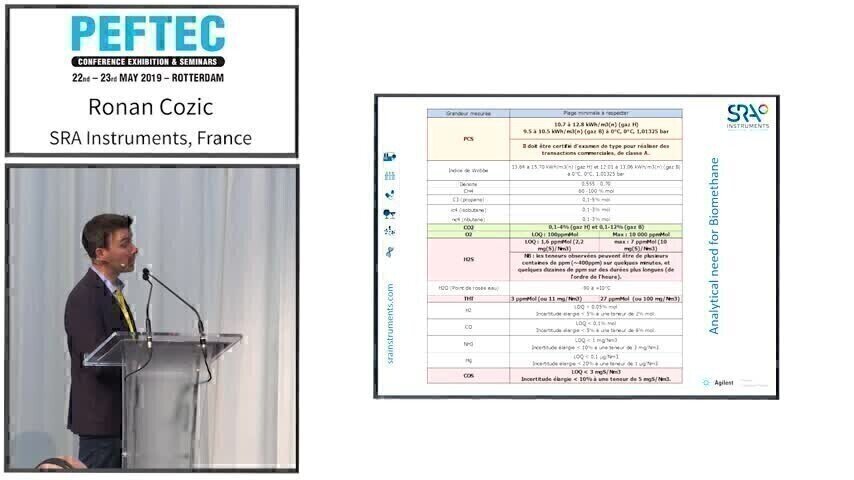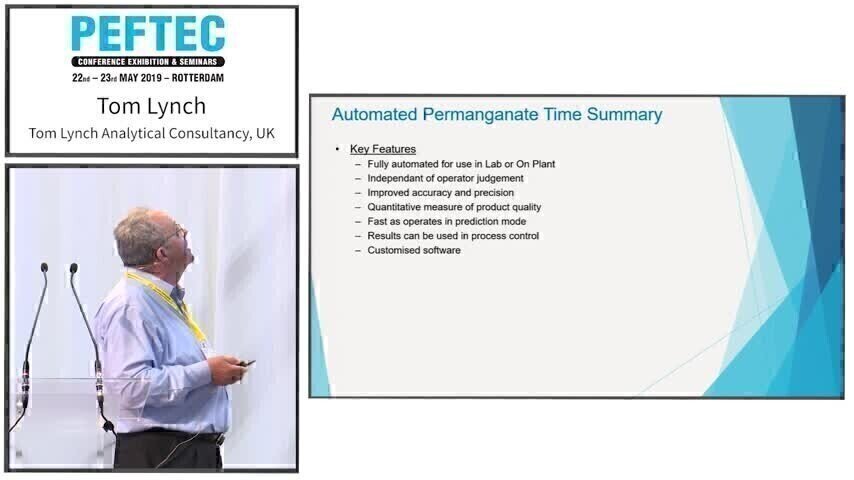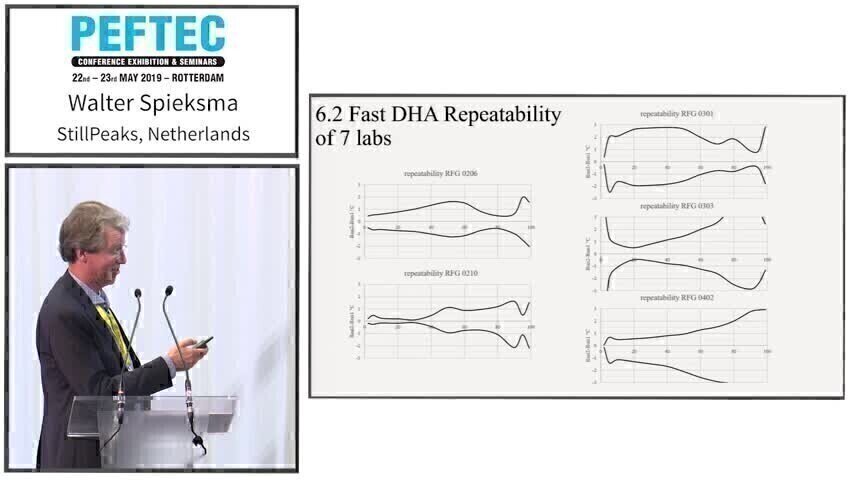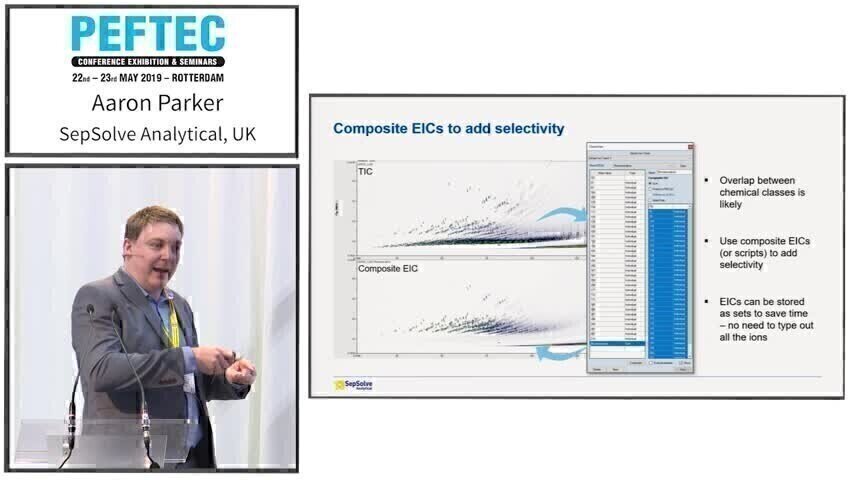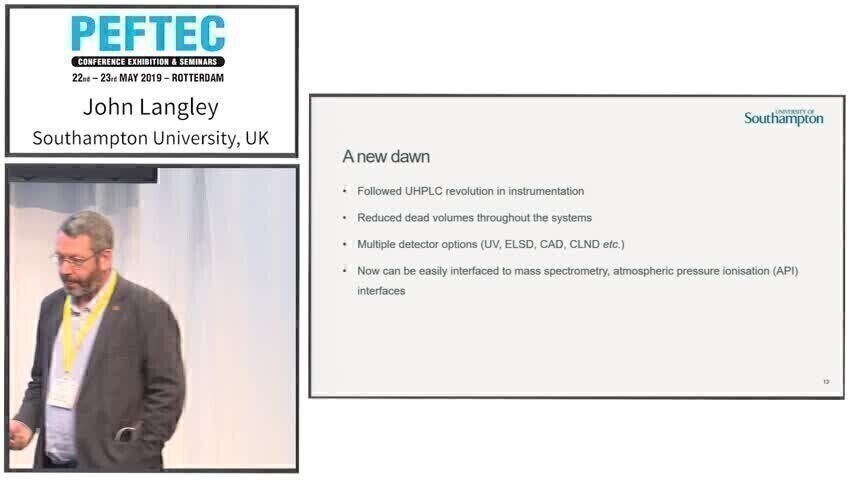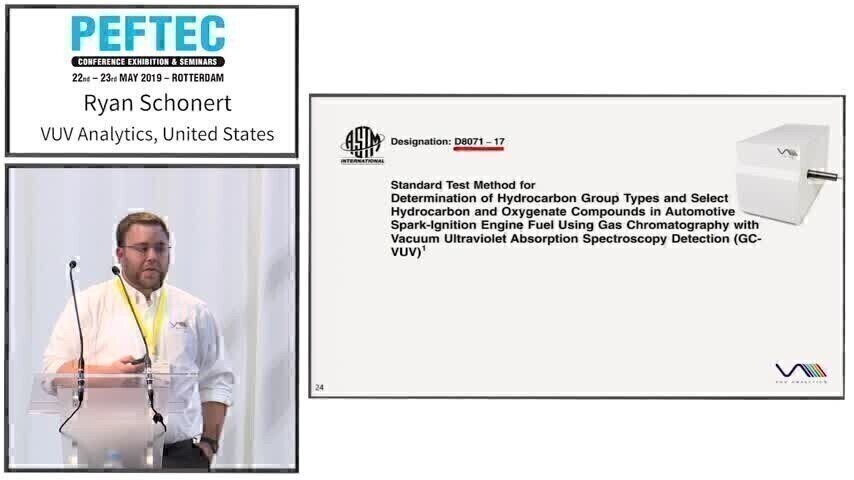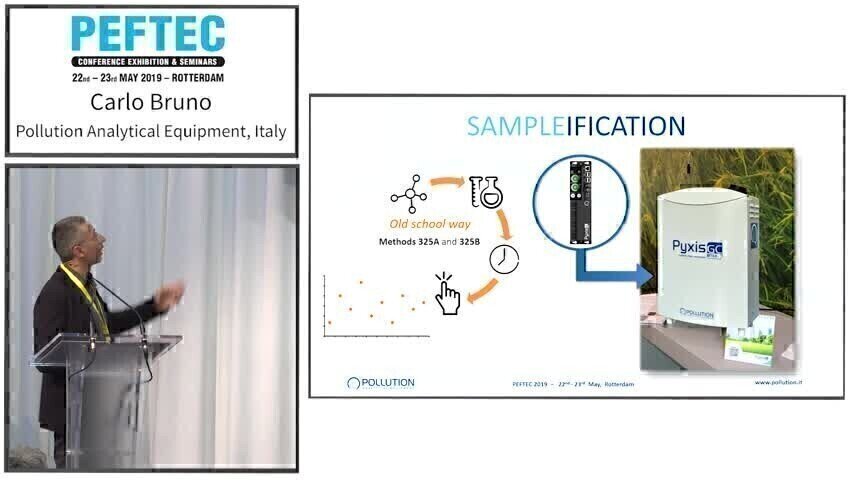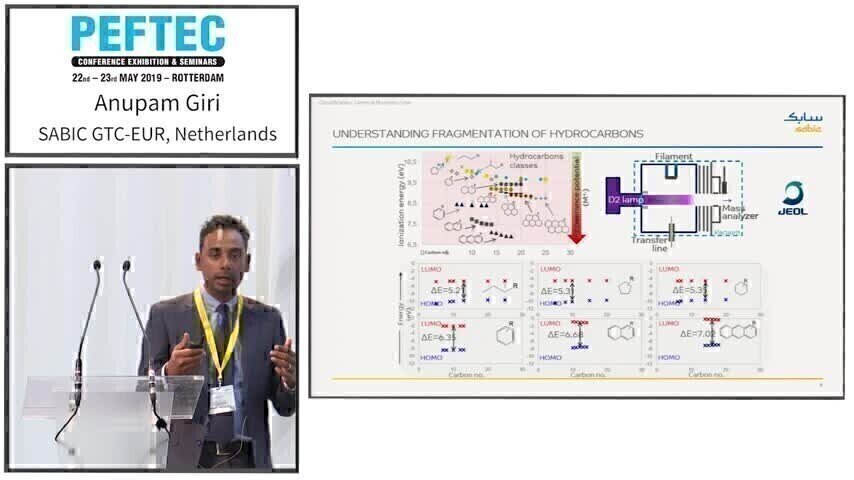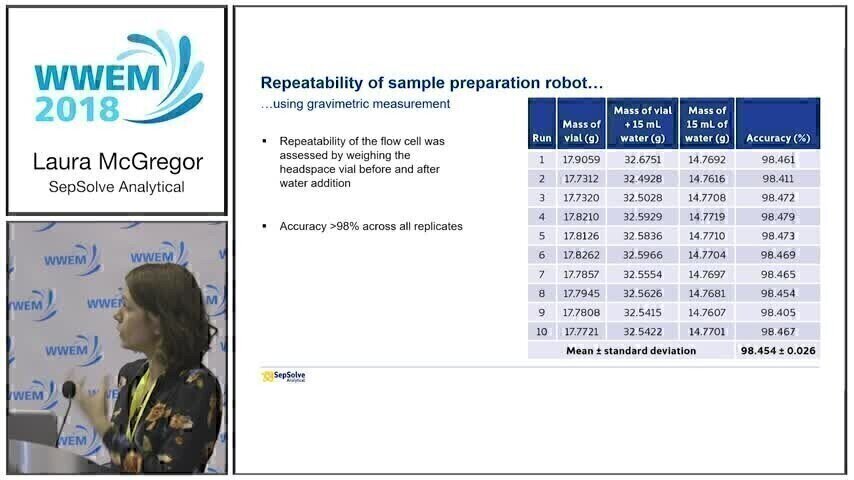Videos
Videos
Past Events
Small instruments and mobile phone-based analytical methods save time and improve data quality of point-of-sampling analyses. Quality and regulatory requirements have been creating an increasing need to monitor production processes in food and beverage production and in water processing. From an economic perspective, in-process testing is a valuable checkpoint to ensure that production processes are running smoothly, i.e. that product composition is consistent with desired values in terms of...
Gas chromatography (GC) is one of the most important analytical technologies, but its power relies on the availability of sensitive detectors, able to quantify a range of analytes as extensive as possible. This webinar will show the Pulsed Discharge Detector (PDD) to meet this demand by combining true universality in detection, with a broad dynamic range, and sensitivity down to the ppm and ppb range. After setting the PDD in relation to other detectors for GC, generally regarded as univer...
This eLearning demonstrates how to consolidate routine analysis of multiple parameters on a modular platform. Increasing numbers of samples, multiple parameters to be determined, mandatory compliance with national and international standards – water works, bottlers of mineral water and some sectors of the process industry all face the same challenge: How to cope with more analytical tasks while human resources in the laboratory are limited? In this eLearning session we demonstrate how...
Biofuels, mainly derived from vegetable oils or the fermentation of plant material, have gained importance over the last few decades as more sustainable and environmentally friendly alternatives to fossil fuels. However, the production of raw materials for biofuel production has led to significant deforestation and competition for agricultural farmland with traditional crops used as staple food for humans and animals. To mitigate effects, new sources like algae have been developed for biofuel...
Crude oils contain as many as 45 elements, many of which can have adverse effects on petroleum refining and product quality. These effects can include poisoning of the catalysts used during the refining process or corrosion to the process equipment. The determination and quantification of these trace elements can be particularly challenging because of the high viscosity of many crudes and the presence of large particulates. This requires time-consuming sample preparation, such as ashing and w...
Karl Fischer titration is an analytical technique widely used by chemists throughout the petroleum related sector. Many chemists will agree that accurate results are most important followed by delivering results quickly, consistently and safely. Smooth transitions between testing runs is also highly desirable. There are a number different KF methods available to cover the spectrum of samples within the hydrocarbon markets. This webinar will give insights into which methods are best e...
Be it turbines, heavy equipment, or any other kind of machinery - monitoring hydraulic and lube oils is critical for performance and to prevent premature wear. In this eLearning session we focus on titration, near-infrared spectroscopy and voltammetry and their potential to increase efficiency of oil condition monitoring. Utilizing these methods, critical chemical and physical parameters can be determined in large sample series completely unattended for faster analysis, higher throughput and...
Water content in lubricants and other petrochemical products is a critical parameter that has to be closely monitored in the manufacturing of such commodities and all along the value chain. The presence of moisture in fuel and lubricants promotes corrosion and engine wear negatively affecting performance and resulting in the plugging of filters. Moreover, moisture can impede the effect of additives and promote growth of deleterious bacterial organisms. Knowing about the water content helps...
An overview of HRMS and Informatics solutions for structural elucidation workflows in lubricant additive package research and development. In this eLearning session we will outline a simple and efficient workflow that uses high resolution mass spectrometry and statistical analysis of the acquired data to understand the differences between several automotive lubricant oils at a molecular level. This approach is particularly useful in comparing two similar products and in the identificati...
Are you tired of always searching for the latest Safety Data Sheet of a reagent? Are you tired of always having doubts about the up-to-dateness of a label? Are you tired of missing your mother tongue on a label? Are you tired of using a “non”-hazardous chemical which shows a high reactivity and does not smell healthy? Are you tired of working with obviously incorrectly classified self-made neat chemicals or mixtures? Are you tired of being flooded with useless information but not getting...
Digital Edition
Chromatography Today - Buyers' Guide 2022
October 2023
In This Edition Modern & Practical Applications - Accelerating ADC Development with Mass Spectrometry - Implementing High-Resolution Ion Mobility into Peptide Mapping Workflows Chromatogr...
View all digital editions
Events
Jan 20 2025 Amsterdam, Netherlands
Feb 03 2025 Dubai, UAE
Feb 05 2025 Guangzhou, China
Mar 01 2025 Boston, MA, USA
Mar 04 2025 Berlin, Germany

